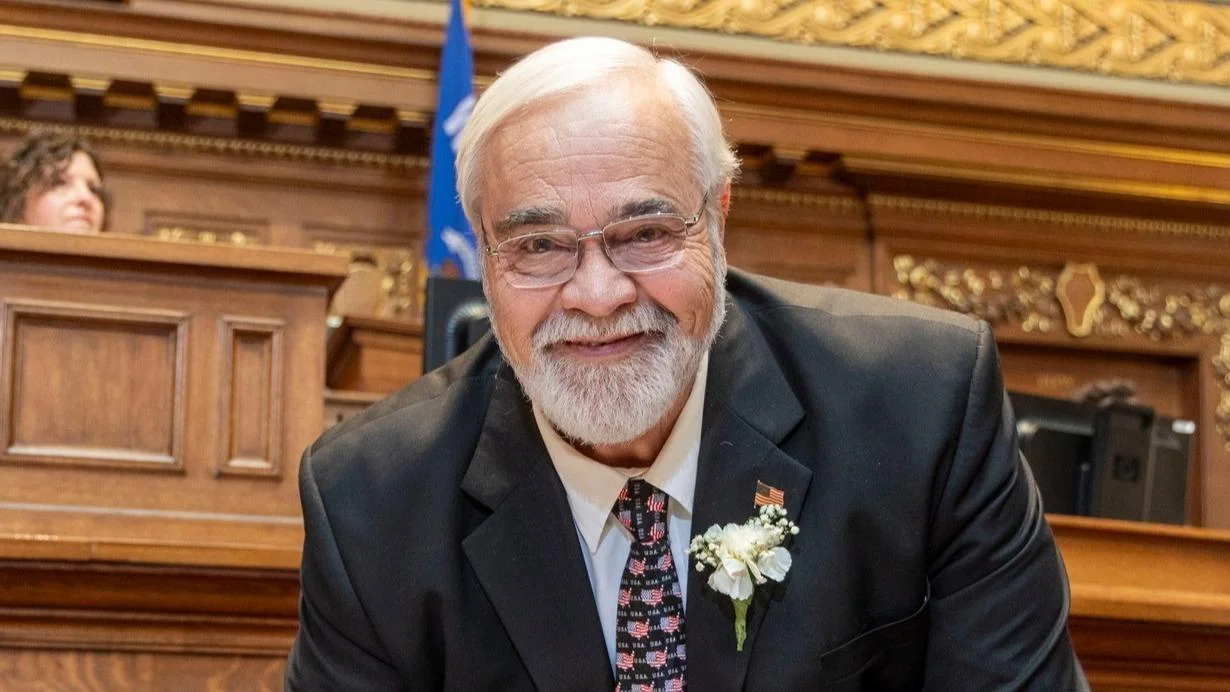Jeffrey Mursau, Wisconsin State Representative of 36th District | Facebook
Jeffrey Mursau, Wisconsin State Representative of 36th District | Facebook
According to the Wisconsin State Legislature's official website, the bill was described as follows: "a presumption that equalizing physical placement to the highest degree is in the child’s best interest".
The following is our breakdown, based on the actual bill text, and may include interpretation to clarify its provisions.
In essence, this bill amends Wisconsin statutes related to child custody, specifically the allocation of physical placement time between divorced or separated parents. It eliminates the previous standard which did not mandate equal placement and instead introduces a presumption that equal physical placement with both parents is in the child's best interest. This presumption can be challenged if a court determines, by a preponderance of the evidence and after evaluating all statutory best-interest factors, that equal placement would not benefit the child. Additionally, the bill acknowledges geographic separation of the parents as a factor in these determinations. The provisions apply to legal actions initiated on the bill’s effective date.
The bill was co-authored by Senator Eric Wimberger (Republican-2nd District), Representative Elijah R. Behnke (Republican-6th District), Representative Robert Brooks (Republican-59th District), Representative Alex A. Dallman (Republican-39th District), Representative Daniel Knodl (Republican-24th District).
Jeffrey Mursau has co-authored or authored another 75 bills since the beginning of the 2025 session, with none of them being enacted.
Mursau, a Republican, was elected to the Wisconsin State Assembly in 2005 to represent the state's 36th Assembly district, replacing previous state representative Lorraine Seratti.
In Wisconsin, the legislative process starts when a senator, constituent, group, or agency proposes an idea for a bill. After drafting, the bill is introduced, numbered, and referred to a committee for review and public input. If approved, it moves through three readings and votes in both the Senate and Assembly. Once both chambers pass the same version, the bill goes to the governor, who can sign it, veto it, or let it become law without a signature. Only a small share of bills introduced each session ultimately become law. You can learn more about the Wisconsin legislative process here.
| Bill Number | Date Introduced | Short Description |
|---|---|---|
| AB151 | 04/02/2025 | A presumption that equalizing physical placement to the highest degree is in the child’s best interest |
| AB131 | 03/13/2025 | Programs and requirements to address PFAS |
| AB130 | 03/13/2025 | Exempting certain persons from PFAS enforcement actions under the spills law. (FE) |
| AB129 | 03/13/2025 | Providing safe drinking water in public and private schools. (FE) |
| AB93 | 02/28/2025 | The distribution and labeling of fertilizers and soil or plant additives produced from manure. (FE) |
| AB49 | 02/17/2025 | A minor’s authority to consent to health care |


 Alerts Sign-up
Alerts Sign-up